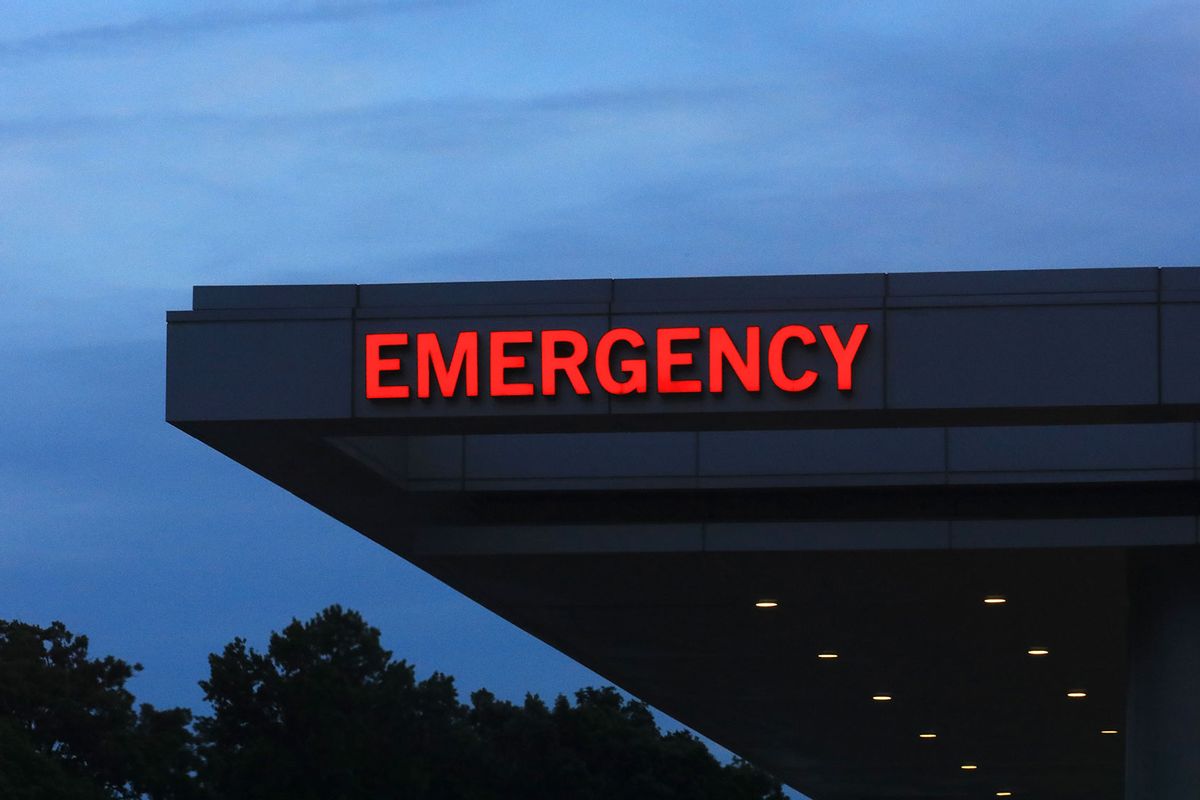Earlier this summer. The U.S. Supreme Court dismissed a case brought forth by Idaho that challenged doctors' ability to provide emergency abortions to stabilize a patient’s health and life. The federal law is known as the Emergency Medical Treatment and Labor Act (EMTALA). But as Salon reported at the time, dismissing the case provided no real clarity for doctors in emergency rooms across the state.
Now, a new analysis published by the Associated Press found that dozens of pregnant women are being turned away from emergency rooms despite federal law protecting them and the Biden administration publicly warning hospitals to treat pregnant patients in emergencies.
According to the analysis, more than 100 pregnant women who sought help from emergency rooms have been turned away or negligently treated since 2022. Two women, one in Florida and one in Texas, had to miscarry in public restrooms. In a separate Texas case, a woman lost her fallopian tube after being denied care for an ectopic pregnancy — even though Texas law technically allows doctors to terminate ectopic pregnancies.
In another case in Florida, highlighted in the analysis, a woman showed up to the emergency room at 15 weeks pregnant leaking amniotic fluid. According to the AP analysis, the woman also miscarried in a public bathroom after the emergency room doctor listed her condition as “improved” and discharged her. She was later rushed to another hospital, put on a ventilator, and discharged six days later. Preterm premature rupture of membranes (PPROM) is when a pregnant woman’s water breaks early. The likelihood of a fetus surviving under 22 weeks of gestation is low. At the same time, when a pregnant woman’s amniotic fluid sac breaks during the second trimester, it puts the woman at an increased risk for infections like chorioamnionitis and sepsis.
The AP’s review also found “serious violations that jeopardized a mother or her fetus’ health” in states without abortion bans.
Read more
about abortion post-Dobbs



Shares